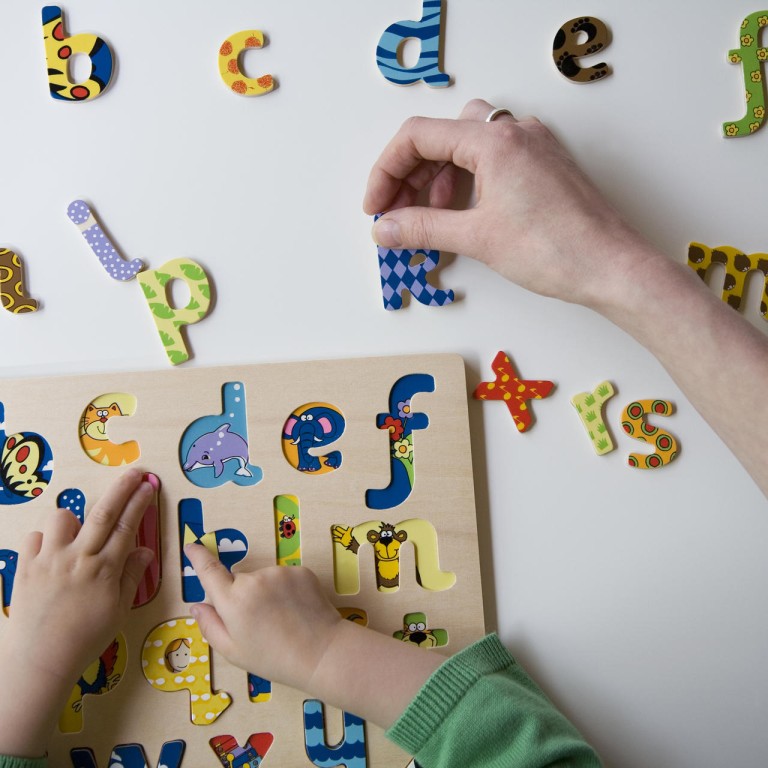
Class Action: Don't make spelling a painful subject
My daughter enjoys writing but her spelling is terrible. I try to help her by spelling the words but lately she seems not to write as much. Sometimes I correct the words and let her copy them over. Is this helpful?

Q:

Teachers, on the other hand, accept poor handwriting and spellings in favour of interesting vocabulary choices and indications that a child is trying to write to the reader. In the early years, most teachers emphasise high frequency words, and words that fit with a particular phonics focus. The high frequency words may be individualised for your child, and after they seem to have one set down, they can be moved on to another.
So they might start with words as simple as "a", "and", "the", "in" and "on", moving towards more complex words that are used often. In this way, your child will spell those words easily, and not have to think too hard about them when she is writing. This is helpful in building writing and reading, fluency and confidence.
You can gently support your daughter by noticing which words she appears to struggle with, and putting them on a large bit of paper for her to refer to. You can discuss this with her, and decide how to organise it. She may prefer to group words together in bubbles, or make the list alphabetical in columns.
Talking about this will help her to own the list. She can also look up words on the list on her own, building independence and guarding against any wariness creeping in to your voice when she asks you to spell "little" for what seems like the 18th time.
Teachers often laminate a list of helpful words for children to use during writing. This helps children who are too young to handle a dictionary. The words can be organised around a theme: for instance, when writing a fantasy story, they can be organised as a mind map around a word like "forest". That way words like "deep" and "dark" can be used.
This will help to develop more descriptive writing, as well as better spelling. You could brainstorm words about an outing with your daughter before she begins to write, and leave the sheet with her.
The phonics focus words can be tailored to what students are learning that week. For the long "i" sound, the children might get "fine", "kite", "nice", "idea", "light" and "frightened", so that there are easier and more challenging words that support learning the same rule.
By reviewing the phonics rules, teachers give children the chance to think about what they have learned, and extend it. This awareness helps children to develop confidence in thinking about how and why words are spelled differently.
Having the phonics sounds in a child's head is especially important when they are learning to write. Those with early writing skills often only have the first few sounds down. After that, a very young child becomes exhausted with the effort, and moves on to the next word in their wonderful story about "Da bi ca liv in boo cast an ..." (The big cat lived in a beautiful castle and ...). If you can ignore the spelling, you can see this child has great ideas.
Later, when children grasp sounds confidently, they can look up words in a dictionary when they have only worked out the first few sounds. Teachers get excited when children start adding in words like "giggled", rather than just "laughed".
Hong Kong parents think spelling is important because they grew up learning characters that had to be written by using one acceptable stroke order. They transfer this idea to English. But phonics allows English to be more forgiving.
If your daughter asks you to spell a new or long word, ask her to sound it out for you. Praise her efforts, even if the spelling is a little wrong.
You will preserve the confidence she finds in writing using the sounds and words she has already learned. You are lucky your daughter enjoys writing, so praise and protect that.
Kris Gienger teaches at an international primary school
